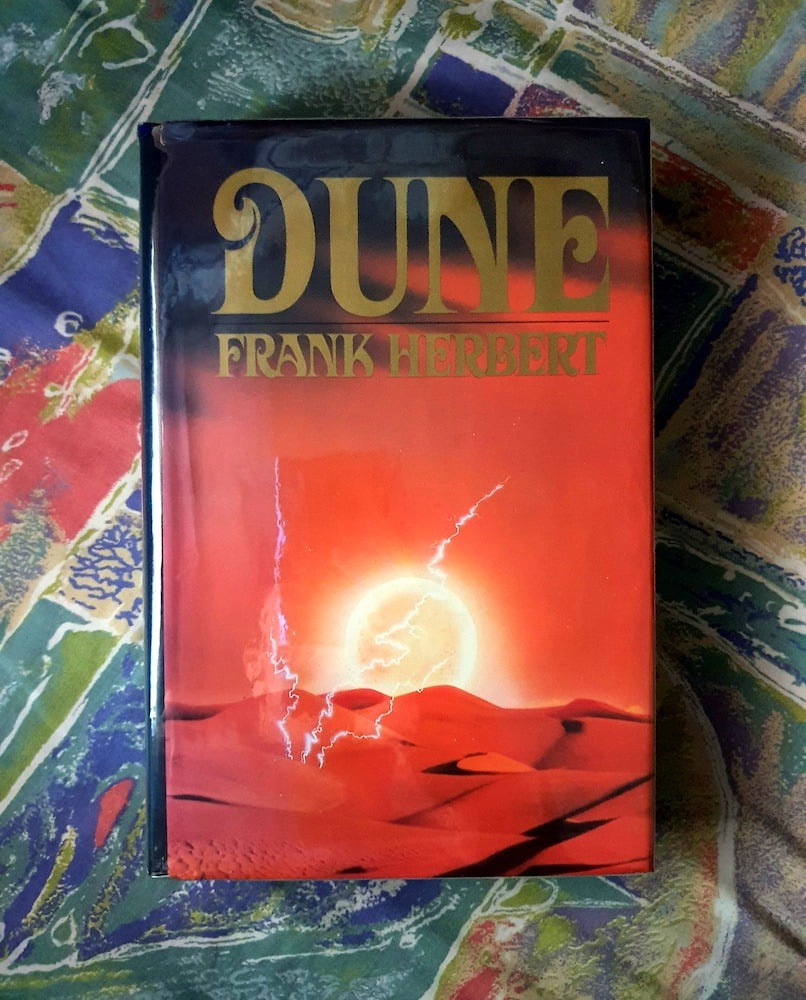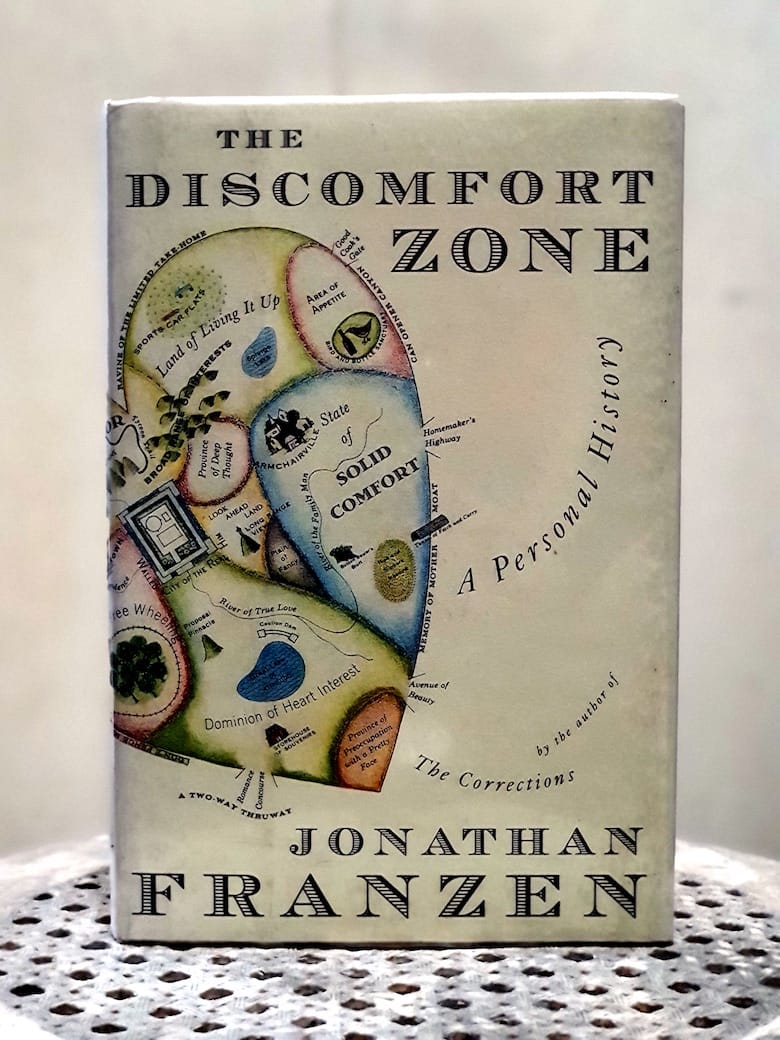In the vast universe of science fiction literature, few novels have captured the imagination and left an indelible mark like Frank Herbert’s Dune. First published in 1965, this seminal work has since become a cult classic, captivating readers with its intricate worldbuilding, complex characters, and thought-provoking themes.
Dune transports us to a future interstellar civilization where political intrigue, environmentalism, and mystical elements converge. Herbert’s creation of the Imperium, a feudal galactic empire ruled by Great Houses and overseen by the all-powerful Padishah Emperor, sets the stage for a captivating narrative. The meticulously constructed desert planet of Arrakis, with its giant sandworms, spice melange, and Fremen tribes, forms a vivid backdrop for the unfolding tale.
At the heart of Dune lies a host of unforgettable characters. Paul Atreides, the young heir to House Atreides, embodies the hero’s journey, grappling with destiny, prescience, and the burdens of leadership. Herbert skillfully develops a multitude of other characters, each with their own motives and conflicts, such as the cunning Baron Vladimir Harkonnen, the powerful Lady Jessica, and the wise and enigmatic Reverend Mother Gaius Helen Mohiam.
Dune delves into an array of timeless themes, offering profound insights into power, religion, ecology, and the human condition. The novel examines the dangers of absolute power and the corrupting influence it holds over individuals and institutions. Herbert also explores the intricacies of religion and the manipulation of belief systems for political gain. Additionally, the ecological message of the book, emphasizing the fragility of ecosystems and the importance of sustainable living, feels remarkably prescient in today’s world.
Dune’s impact on the science fiction genre cannot be overstated. It has inspired countless authors and filmmakers, influencing works such as Star Wars and The Matrix. The depth of its themes, the complexity of its characters, and the richness of its universe continue to captivate new generations of readers, solidifying Dune’s status as a true masterpiece.
Memorable Quotes
I must not fear. Fear is the mind-killer. Fear is the little-death that brings total obliteration. I will face my fear. I will permit it to pass over me and through me. And when it has gone past I will turn the inner eye to see its path. Where the fear has gone there will be nothing. Only I will remain.
Page 8, Dune by Frank Herbert
Greatness is a transitory experience. It is never consistent. It depends in part upon the myth-making imagination of humankind. The person who experiences greatness must have a feeling for the myth he is in. He must reflect what is projected upon him. And he must have a strong sense of the sardonic. This is what uncouples him from belief in his own pretensions. The sardonic is all that permits him to move within himself. Without this quality, even occasional greatness will destroy a man.
Page 125, Dune by Frank Herbert
In grasping the present, he felt for the first time the massive steadiness of time’s movement everywhere complicated by shifting currents, waves, surges, and countersurges, life surf against rocky cliffs. It gave him a new understanding of his prescience, and he saw the source of blind time, the source of error in it, with an immediate sensation of fear.
Page 288, Dune by Frank Herbert
Deep in the human unconscious is a pervasive need for a logical universe that makes sense. But the real universe is always one step beyond logic.
Page 363, Dune by Frank Herbert
Further Reading
How Frank Herbert’s “Dune” revolutionized science fiction by Tim Brinkhof, Big Think
How an Oregon battle between human and nature inspired Frank Herbert’s ‘Dune’ by John Notarianni, Oregon Public Broadcasting
The Secret History of Dune by Will Collins, Los Angeles Review of Books
Why Dune endures by Alissa Wilkinson, Vox




